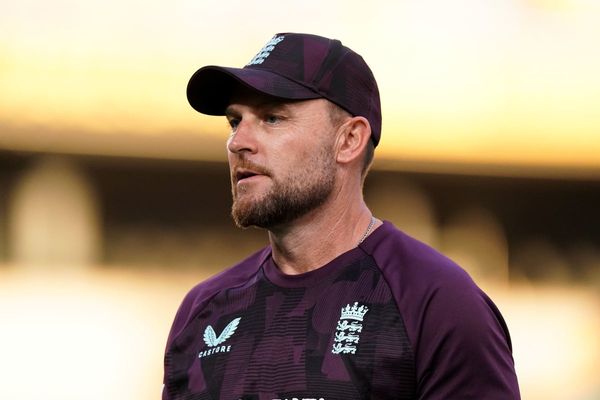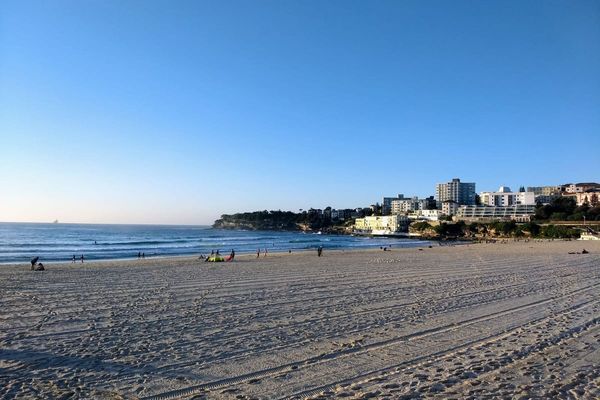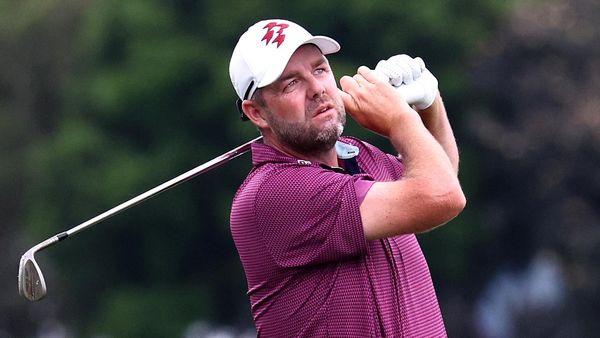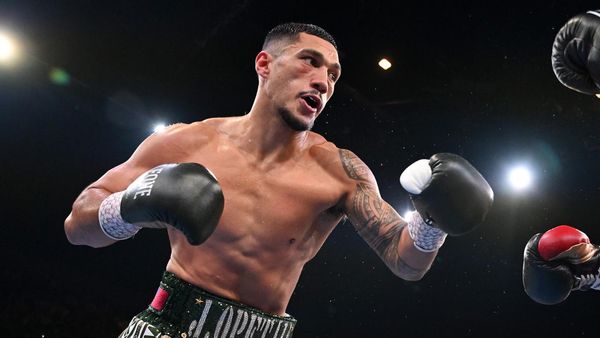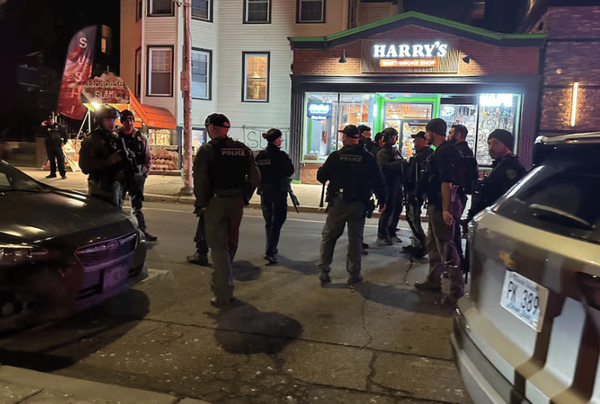
Dr Sarah Benn has long been concerned about the climate crisis, diligently recycling until she was “blue in the face”. But the rise of the climate activist group Extinction Rebellion in 2019 inspired her and her husband to go further. “We thought: well, if we don’t do it then who else is going to?”
While working as a GP near Birmingham, Benn became increasingly involved in direct action over the next few years, and once glued her hand to the door of the Department for Business, Energy, and Industrial Strategy in protest at the government’s inaction on the climate.
Benn now faces a professional tribunal by the Medical Practitioners Tribunal Service (MPTS), the disciplinary arm of the General Medical Council (GMC), to determine whether she can keep her licence to practise. She is one of three GPs who face being struck off for climate activism this year, and her case in April is the first that will be heard.
Doctors are required to tell the GMC if they are charged or convicted of a criminal offence. Benn went beyond this, informing the professional body and her local NHS employer every time she was arrested. “There’s no guidance as to any kind of protest or activist-related stuff by the GMC … but I wanted to be transparent,” she said.
After her first four criminal convictions – two for obstructing a highway, one for stopping people engaged in a lawful activity and one for flying a drone in a restricted place – the GMC opened an investigation. Although Benn had received conditional discharges, this was closed with a letter of advice to “reflect on her actions and to remain mindful in future of her professional obligations”.
“They considered my comments at the time, which were that I didn’t see that I posed any risk and I was going to keep doing this stuff until I felt that it was no longer necessary,” Benn said. “So they knew before they made their decision that I was going to carry on.”
It was not until Benn was found guilty of contempt of court for breaching a civil injunction at Kingsbury oil terminal in Warwickshire as part of a Just Stop Oil campaign that she was referred for a full tribunal. Benn spent a total of 31 days in prison for this action.
Dr Patrick Hart, a GP from Bristol, also has a string of convictions for climate activism, one of which resulted in a suspended prison sentence. After he rejected a formal warning from the GMC, he was told he would face a tribunal in November.
“The lawyer I spoke to said it was unusually lenient but I didn’t take it. Partly because it would have been dishonest and partly because I’m angry with them for … failing to make any meaningful statement about any of this and enthusiastically investigating people for matters of conscience and patient care,” Hart said.
In a statement, the GMC said its guidance was clear that “like all citizens, doctors are entitled to their own personal political opinions, and there is nothing in the standards we set that prevents them from exercising their right to lobby government, or campaign on issues.”
However, it said that if a doctor received a custodial sentence after a criminal conviction, a referral to the MPTS was mandatory.
The MPTS was set up in 2012 after a recommendation of the Shipman inquiry that doctors should be assessed for their fitness to practise independently of the GMC. As well as clinical negligence and research malpractice, it commonly hears cases of doctors fiddling the books, sleeping with patients or drink-driving.
“There are lots of doctors who are politically active and have done stuff within social justice movements,” noted Benn. “But not, as far as I’m aware, that have ended up with criminal convictions which have then led to a tribunal to assess their fitness to practise.”
Benn has now retired and is no longer practising as a GP. But she wants the GMC to recognise the importance of her actions, and said doctors should be seen as “trusted messengers”.
“Humanity hasn’t faced this sort of existential crisis before that is going to have massive public health implications,” she said. “I’m really worried about my children’s future and my own, and all the people all over the world who are already starving, displaced and suffering right now because of what we’re continuing to do – digging up fossil fuels and burning them. And so penalising somebody who is trying to do something about that, that’s not how we need to go about it.”
At the very least, she hopes the GMC will develop guidance for the medical profession on activism, which she plans to stay involved in.
Hart does not believe most doctors appreciate their role at the frontlines of the climate crisis and in drawing public attention to it. He said: “I set out on this course believing that I had a role as a science communicator. A few have tried valiantly, but the vast majority of doctors are just not even thinking about this. So there remains a huge gulf between the science and what the general public and politicians and business understand about what’s happening.”
Benn said she saw a growing activism in her profession, which is reflected in its academic literature. Last year more than 150 health workers wrote an open letter to the attorney general expressing concern about the prosecution of Trudi Warner for holding a sign outside Inner London crown court spelling out the right of a jury to acquit a defendant based on their conscience.
Benn and Hart still face criminal trials where they could lose their liberty, as well as their professional licence to practise.
“The truth of the matter is, [activism has] enhanced my ability to practise as a doctor,” said Hart. “It’s what’s meant I am able to continue to engage with my patients with a long-term view from a perspective of compassion and inter-generational healthcare. And it’s what’s allowed me to believe in healthcare as something of social value in a society which has a flourishing future ahead of it.”
Benn said: “I’m not a danger to the public in terms of patients. To me it all comes down to this one paragraph in [the GMC’s] Good Medical Practice, which says ‘you must make sure that your conduct justifies your patients’ trust in you and the public’s trust in the profession’. What constitutes public trust these days? I’m fascinated about how they’re going to argue this.”
